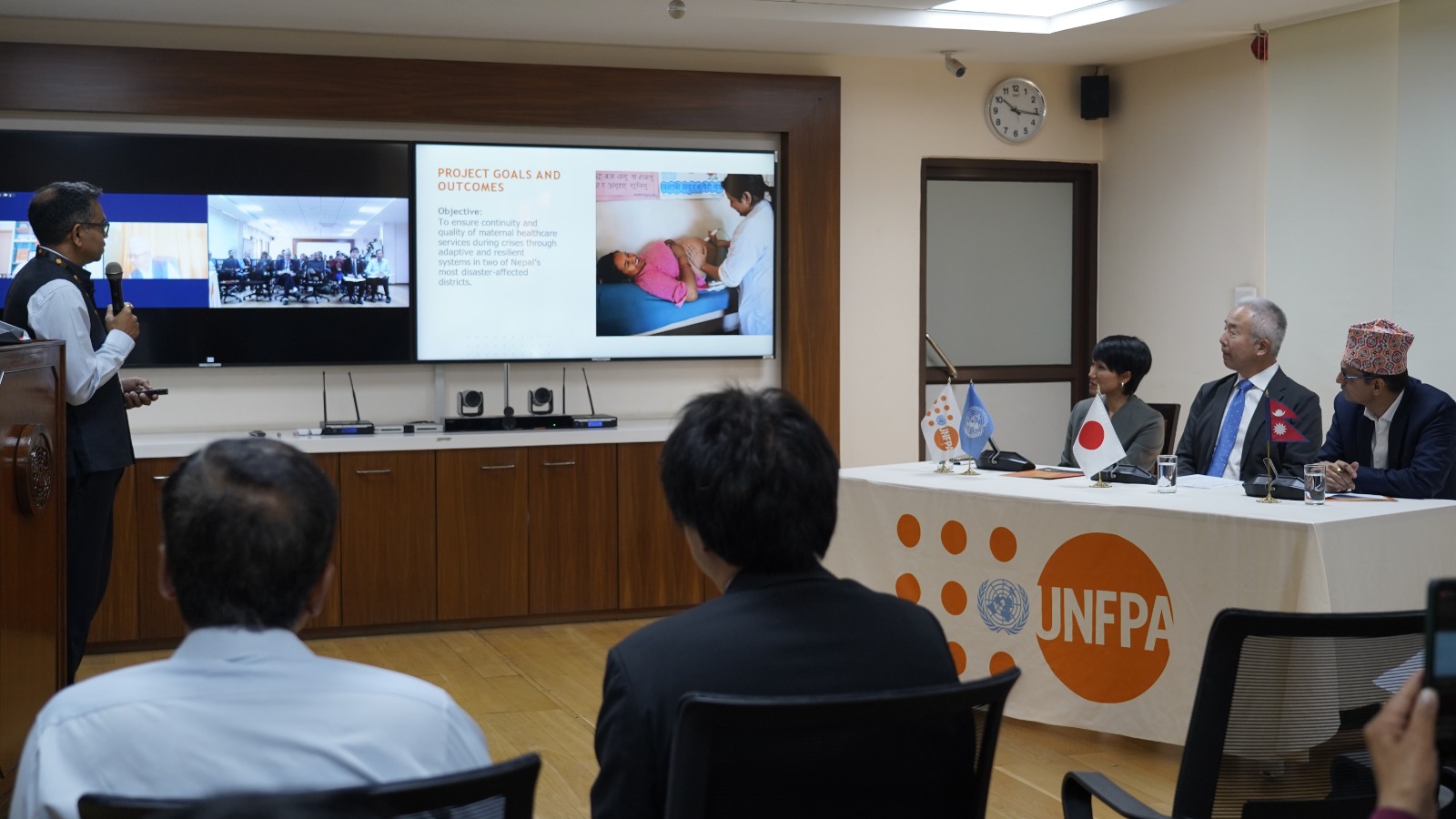
Recently, I got an opportunity to participate in a cultural exchange programme conducted by Shanghai Jiao Tong University and Shanghai Municipal Education Commission in China. The programme included experts in different fields from the Belt and Road countries around the globe, including Nepal.
Samuel P Huntington in his 1992 book ‘The Clash of Civilizations’ argued that in the post-Cold War world, there will be clashes due to differences in civilisations or cultures. Though globalisation has made the interaction of people from diverse places indispensable, there are chances of disparities in interactions sparked by local experiences and beliefs. People easily connect with those who share a similar culture but diverge from those with different.
The reason behind the cultural clash is mostly psychological. Since the dawn of civilisation, humans have been frightened of the unknown or the unfamiliar and avoided uncertainty. Fear of the unfamiliar has paralysed humans, made them insecure and prevented them from having meaningful communications and authentic relationships with people from other cultures, thereby cutting off the possibility of harmony and peace. Dispelling fear and promoting cultural harmony is the pressing need of the present time.
One of the ways to begin with, in this direction, is certainly initiating cultural exchange programmes. Such programmes make a person more open-minded, with many perspectives. It helps them to see the uniqueness in every culture and embrace. People from one culture can find something inspiring in another. Many times, one suddenly becomes aware of the significance of things in one’s culture when appreciated by others. Such programmes demystify others and inform. Also, they clear foggy and negative ideas fuelled by media. Thus a cultural exchange programme facilitates eliminating fear about others and promotes meaningful connections with people from other cultures.
The cultural exchange programme in Shanghai included Chinese language, history and culture lessons, cultural visits and recreational activities. I was highly enthusiastic to be acquainted with a rich Chinese culture and proud history. The Chinese language classes alleviated the fear of being unable to engage in the most basic interactions with locals. The programme implicitly trained me to become culturally more sensitive, to be careful while communicating anticipating the unintended meaning a fellow person might get, and improve listening and observational skills. I also learned from the programme that saying ‘yes’ in some countries may not necessarily mean consent, but avoiding impoliteness. Likewise, saying ‘no’ in others is not rudeness, but professionalism. One also comes to learn that some cultures value individualism while others collectivism and there are different degrees of power distance in relationships in different cultures.
But most importantly, the programme set me into ruminating about that despite being from different cultures and nations, people have so much in common. The first two words a child learns to utter after the birth might be words for ‘mother’ and ‘father’, and it was interesting to find that they are pronounced almost the same in China, Nepal and many other countries. Building personal relationships with the participants of diverse cultural backgrounds helped me fathom the reality that humans, regardless of where they are from, have similar inherent characteristics, have similar needs of excelling in life, alleviating insecurities and acquiring love. A Chinese restaurant owner kindly said ‘meiguanxi’ (no problem) when she found me short of cash to pay her; I was speechless.
I came to understand that we all share a common willingness to make the world a better place, and have the same love and sense of responsibility towards our loved ones deeply ingrained in us. We all have undergone common painful experiences of life, endured and triumphed over them. It is due to the ignorance of shared underlying identicalness, humans tend to be apprehensive and hostile towards others; this ignorance can be replaced with knowledge. Cultural exchange programmes can be greatly instrumental in eliminating fears about others, expelling hatred, and promoting peace and harmony.
It is the high time we became empathetic and hungry for knowledge and deeply realised that despite being from different cultures and nations, we are much more alike than we are different.





















